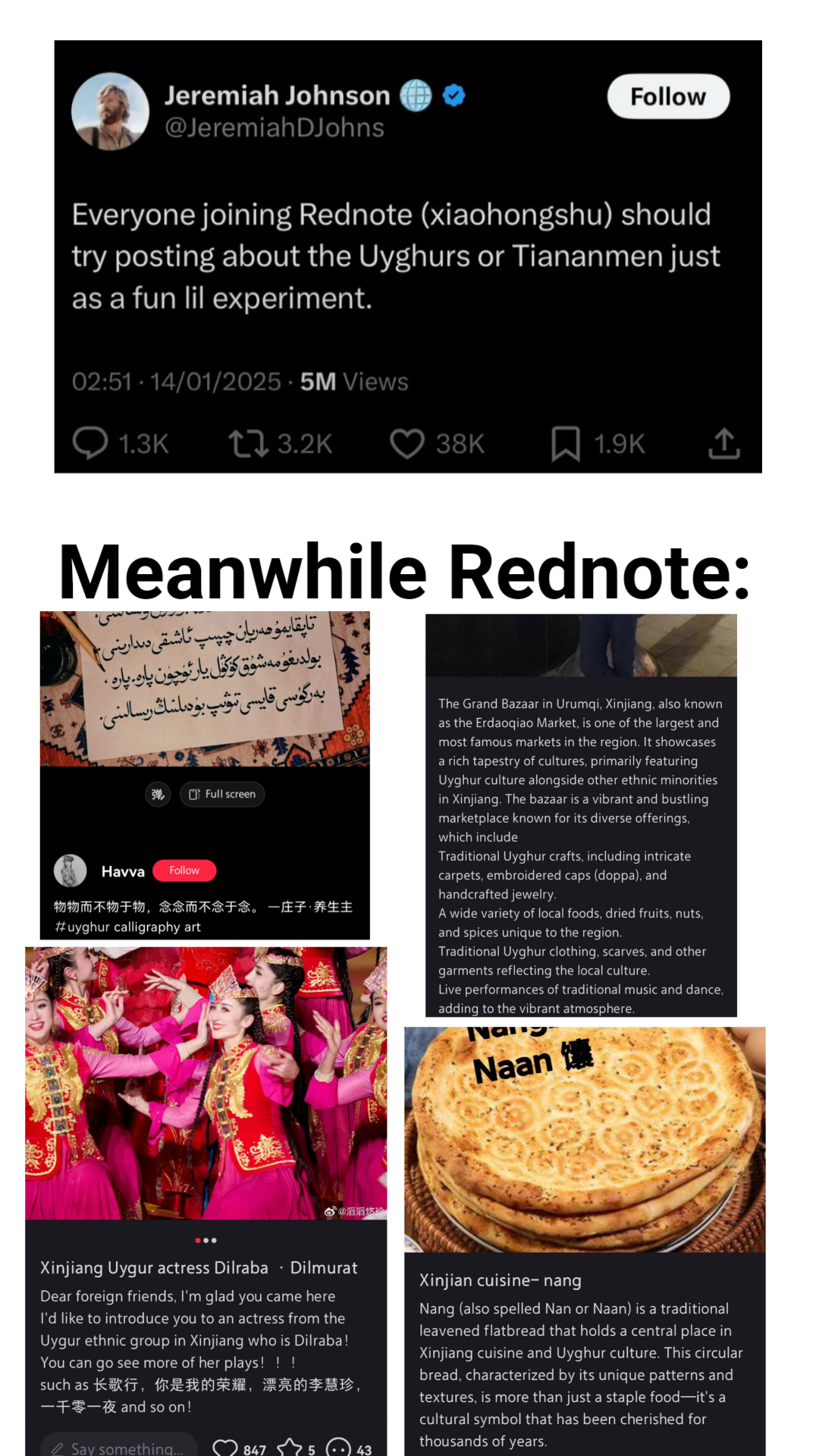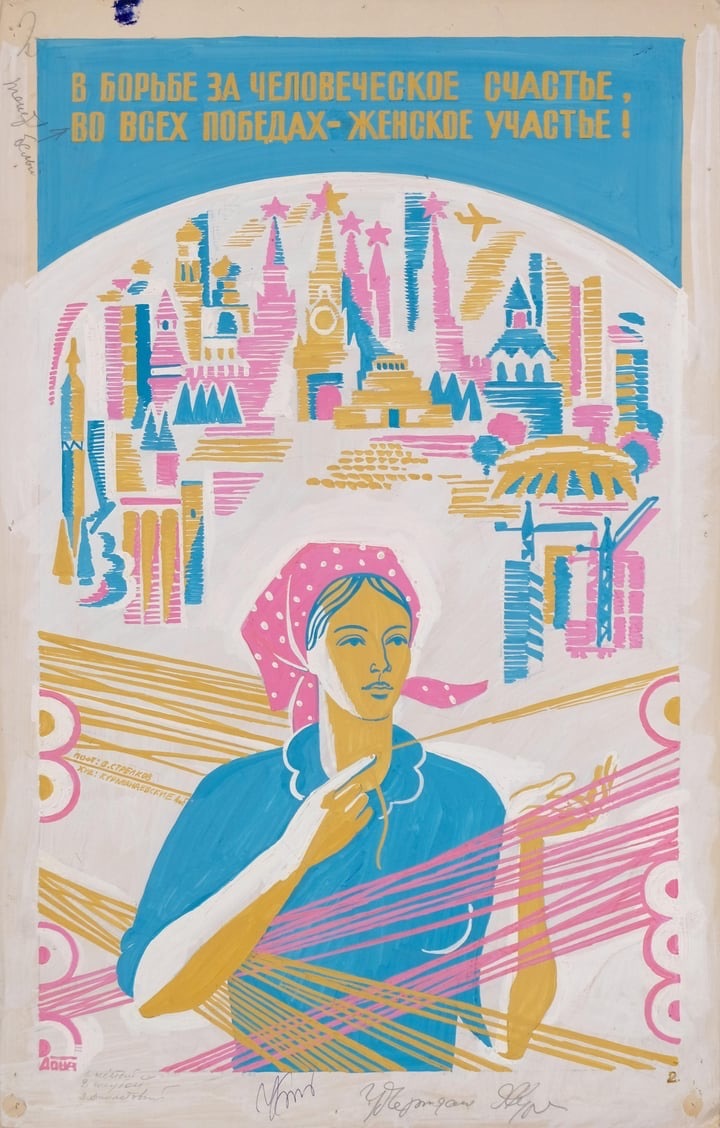It was not this, however, so much as their materialism, that shocked me. It is true, these beautifully gowned, beautiful women prattled sweet little ideals and dear little moralities: but in spite of their prattle the dominant key of the life they lived was materialistic. And they were so sentimentally selfish! They assisted in all kinds of sweet little charities, and informed one of the fact, while all the time the food they ate and the beautiful clothes they wore were bought out of dividends stained with the blood of child labor, and sweated labor, and of prostitution itself. When I mentioned such facts, expecting in my innocence that these sisters of Judy O'Grady would at once strip off their blood-dyed silks and jewels, they became excited and angry, and read me preachments about the lack of thrift, the drink, and the innate depravity that caused all the misery in society's cellar. When I mentioned that I couldn't quite see that it was the lack of thrift, the intem-perance, and the depravity of a half-starved child of six that made it work twelve hours every night in a Southern cotton mill, these sisters of Judy O'Grady attacked my private life and called me an "agita-tor" —as though that, forsooth, settled the argument.
Nor did I fare better with the masters themselves. I had expected to find men who were clean, noble, and alive, whose ideals were clean, noble, and alive. I went about amongst the men who sat in the high places—the preachers, the politicians, the business men, the professors, and the editors. I ate meat with them, drank wine with them, auto-mobiled with them, and studied them. It is true, I found many that were clean and noble; but with rare exceptions, they were not alive. I do verily believe I could count the exceptions on the fingers of my two hands. Where they were not alive with rottenness, quick with unclean life, they were merely the unburied dead —clean and noble, like well-preserved mummies, but not alive. In this connection I may especially mention the professors I met, the men who live up to that decadent university ideal, "the passionless pursuit of passionless intelligence." I met men who invoked the name of the Prince of Peace in their diatribes against war, and who put rifles in the hands of Pinkertons with which to shoot down strikers in their own factories. I met men incoherent with indignation at the brutality of prize-fighting, and who, at the same time, were parties to the adulteration of food that killed each year more babies than even red-handed Herod had killed.
I talked in hotels and clubs and homes and Pullmans and steamer-chairs with captains of industry, and marvelled at how little travelled they were in the realm of intellect. On the other hand, I discovered tbat their intellect, in the business sense, was abnormally developed. Also, I discovered that their morality, where business was concerned,
was nil.
This delicate, aristocratic-featured gentleman, was a dummy director and a tool of corporations that secretly robbed widows and orphans. This gentleman, who collected fine editions and was an especial patron of literature, paid blackmail to a heavy-jowled, black. browed boss of a municipal machine. This editor who nublichar patent medicine advertisements and did not dare print the truth in his paper about said patent medicines for fear of losing the advertising.
Called me a scoundrelly demagogue because I told him that his political economy was antiquated and that his biology was contemporaneous with Pliny.
This senator was the tool and the slave, the little puppet of a gross, uneducated machine boss; so was this governor and this supreme court judge; and all three rode on railroad passes. This man, talking soberly and earnestly about the beauties of idealism and the goodness of God, had just betrayed his comrades in a business deal.
This man, a pillar of the church and heavy contributor to foreign missions, worked his shop girls ten hours a day on a starvation wage and thereby directly encouraged prostitution. This man, who endowed chairs in universities, perjured himself in courts of law over a matter of dollars and cents. And this railroad magnate broke his word as a gentleman and a Christian when he granted a secret rebate to one of two captains of industry locked together in a struggle to the death.
It was the same everywhere, crime and betrayal, betrayal and crime—men who were alive, but who were neither clean nor noble, men who were clean and noble but who were not alive. Then there was a great, hopeless mass, neither noble nor alive, but merely clean.
It did not sin positively nor deliberately; but it did sin passively and ignorantly by acquiescing in the current immorality and profiting by it. Had it been noble and alive it would not have been ignorant, and it would have refused to share in the profits of betrayal and crime.
I discovered that I did not like to live on the parlor floor of society.
Intellectually I was bored. Morally and spiritually I was sickened. I remembered my intellectuals and idealists, my unfrocked preachers, broken professors, and clean-minded, class-conscious working men. I remembered my days and nights of sunshine and starshine, where life was all a wild sweet wonder, a spiritual paradise of unselfish adventure and ethical romance. And I saw before me, ever blazing and burning, the Holy Grail.
So I went back to the working-class, in which I had been born and where I belonged. I care no longer to climb. The imposing edifice of society above my head, holds no delights for me. It is the foundation of the edifice that interests me. There I am content to labor, crowbar in hand, shoulder to shoulder, with intellectuals, idealists, and class conscious working men, getting a solid pry now and again, and setting the whole edifice rocking. Someday, when we get a few more hands and crowbars to work, we topple it over, along with all its rotten life and unburied dead, its monstrous selfishness and sodden materialism. Then we’ll cleanse the cellar and build a new habitation for mankind, in which there will be no parlor floor, in which all the rooms will be bright and airy, and where the air that is breathed will be clean, noble, and alive.
 or it WILL waste the very valuable and limited time of our ICE agents. Additionally, make sure that you do not sprinkle in any plausible information that ends up being a long and winding dead end, since those waste the most time. Make sure you spread this information everywhere to help other people make sure they do not get in the way of our BRAVE ICE AGENTS!
or it WILL waste the very valuable and limited time of our ICE agents. Additionally, make sure that you do not sprinkle in any plausible information that ends up being a long and winding dead end, since those waste the most time. Make sure you spread this information everywhere to help other people make sure they do not get in the way of our BRAVE ICE AGENTS!



























